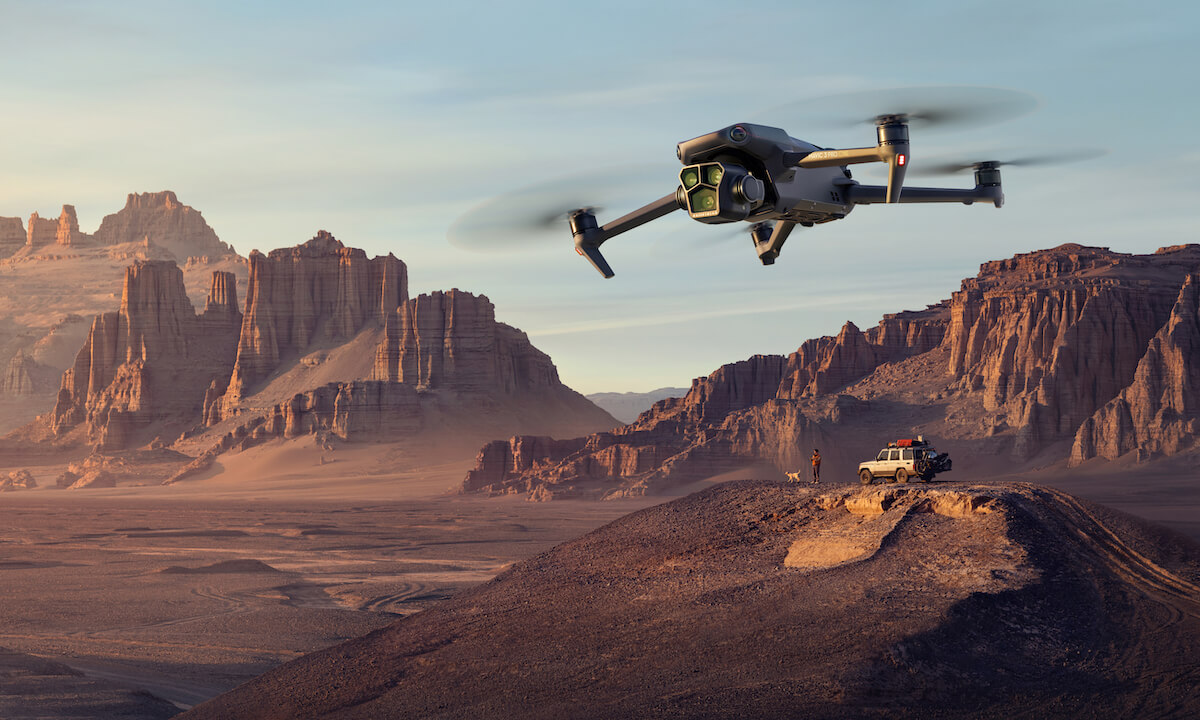Understanding the Basics of DIY Drones
Before you begin, it’s crucial to understand the fundamental components that make up a drone. Commonly, a drone consists of a frame, motors, an electronic speed control (ESC), propellers, and a flight controller. Optional components may include a GPS module and a camera. Start by researching different frame styles and motor specifications to find the best match for your project.
and a camera. Start by researching different frame styles and motor specifications to find the best match for your project.
Choosing the Right Components
When selecting parts for your DIY drone, consider your specific needs and budget. Are you building for speed, stability, or aerial photography? Each purpose may require different components. For example, racing drones may prioritize lightweight frames and high-speed motors, while camera drones might need heavier frames to support additional equipment.
Building Your First DIY Drone
To get started with DIY drone building, you need a workspace equipped with basic tools like screwdrivers, pliers, a soldering iron, and more. Here is a simple checklist to guide you:
- Frame Assembly: This involves setting up the bone structure of your drone. Ensure that the frame can support all the intended components.
- Mounting Motors and Propellers: Carefully attach motors to the frame and secure propellers onto the motor shafts.
- Wiring ESCs:
.jpg) Connect the ESCs to their respective motors, ensuring correct polarity to avoid damage.
Connect the ESCs to their respective motors, ensuring correct polarity to avoid damage. - Flight Controller Setup: Mount the flight controller and connect it to the ESC to control the drone’s functions.
Make sure to upload the appropriate firmware.
Testing and Calibration
After assembly, test your drone’s systems on the ground first. Calibrate the flight controller and make necessary adjustments to ensure proper flight dynamics. An uncalibrated drone may behave unpredictably during its first flight. If all systems are functional, conduct a few supervised test flights to fine-tune your setup.
Advanced Tips for DIY Drone Builders
As you gain experience, you might want to explore advanced techniques and upgrades. Consider integrating a first-person view (FPV) system to pilot the drone from a cockpit perspective. Such systems include cameras and transmitters that allow the pilot to see what the drone sees in real-time.
Mastering drone piloting can also increase your understanding of aerodynamics and electronics.
Exploring Modular Customization
Another exciting aspect of DIY drones is the possibility of modular customization. With modular designs, you can easily swap out parts, upgrade components, or change the configuration of your drone to suit different missions. Experiment with different setups to enhance your creative skills.
Common Queries About DIY Drones
What is the average cost of building a DIY drone?
The cost of building a DIY drone can vary greatly depending on the components you choose. Typically, a basic setup might start from $100, while more advanced builds could reach several hundred dollars.
Are DIY drones safe to fly?
With careful assembly and proper testing, DIY drones are generally safe to fly. It’s important to follow local regulations, maintain your drone, and avoid flying in restricted areas.
How difficult is it to learn drone assembly?
While it might seem daunting at first, many find drone assembly to be an engaging challenge. With numerous online tutorials and communities, learning how to build a drone has never been more accessible.
Embrace the world of DIY drones and unleash your creativity with every flight!